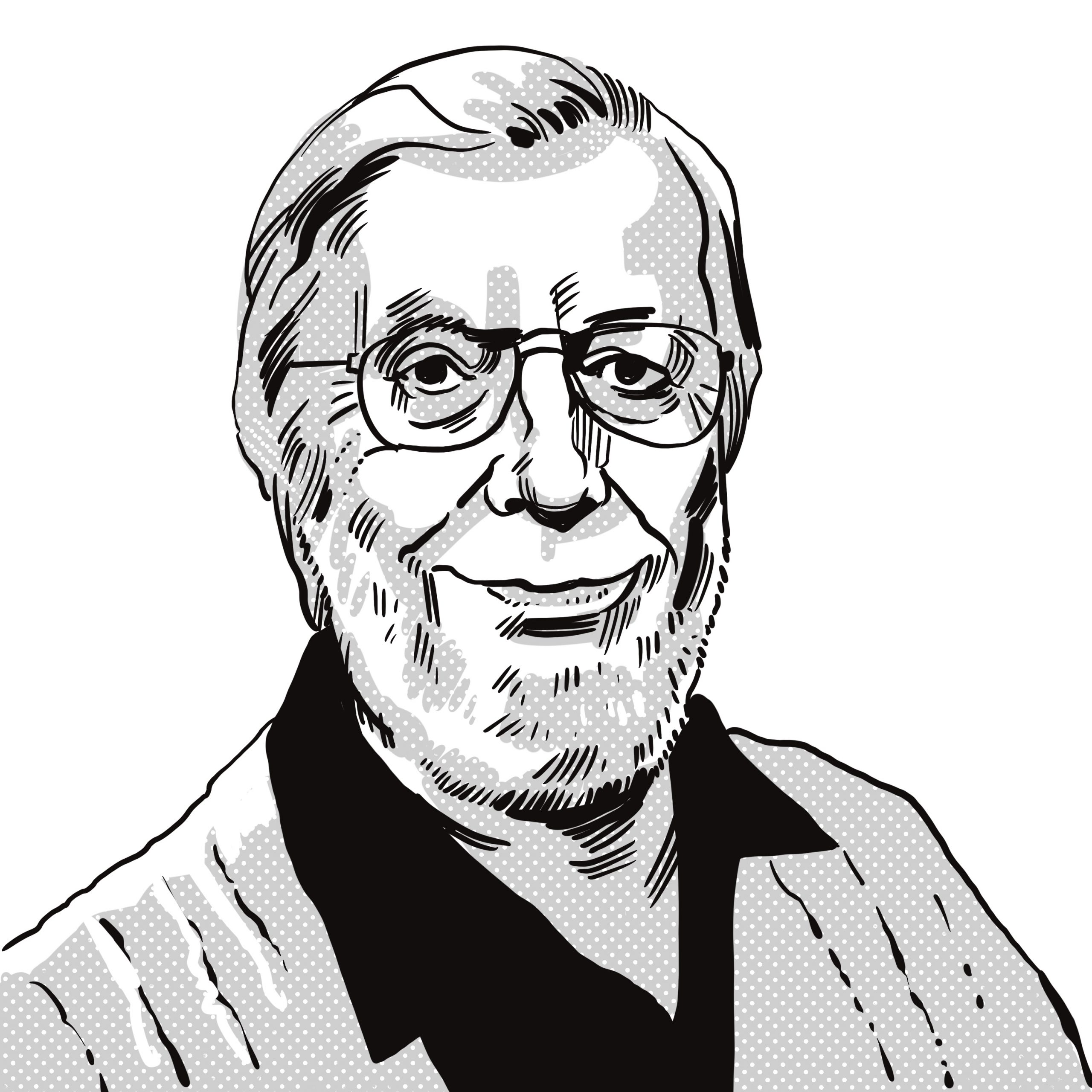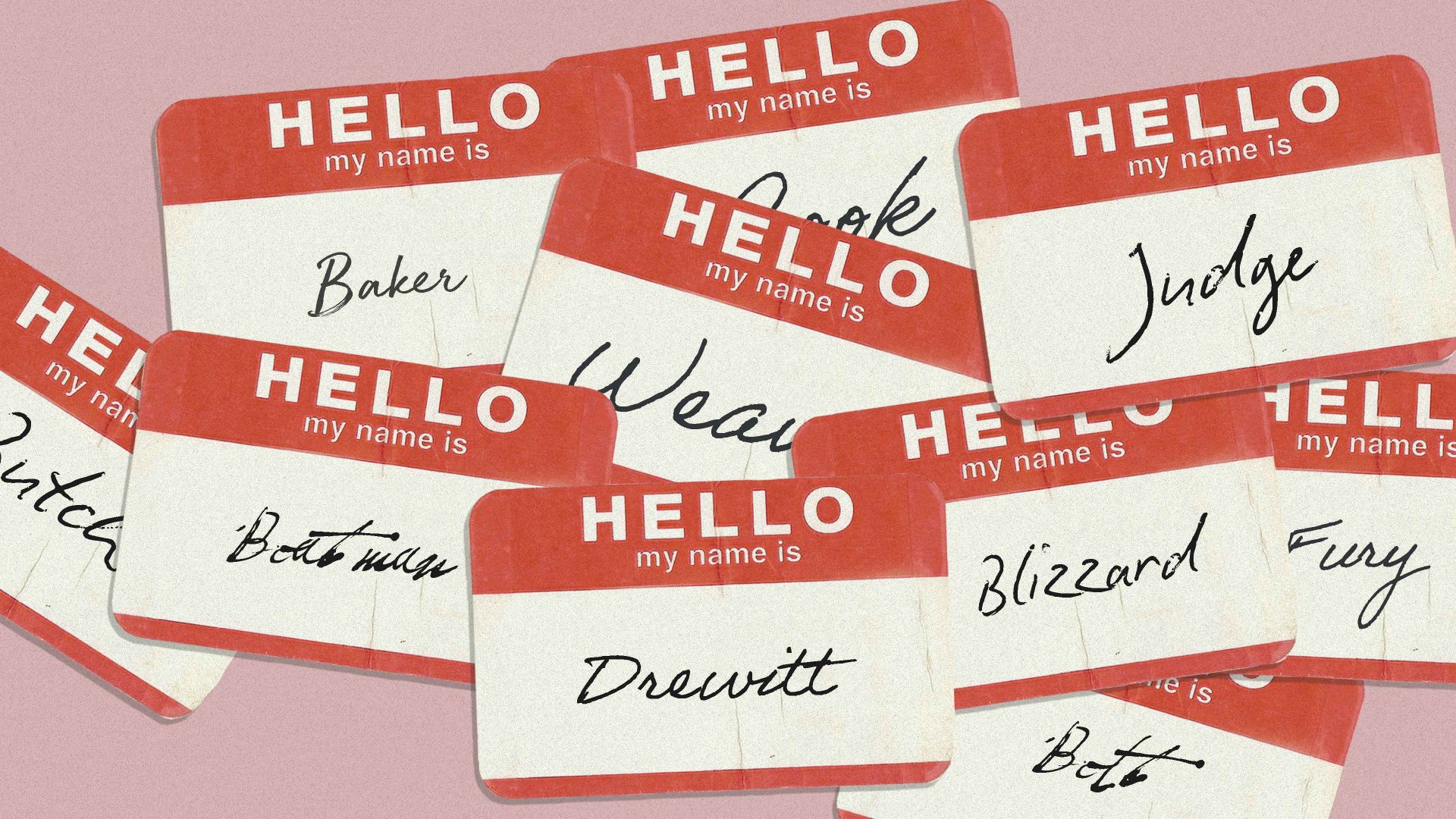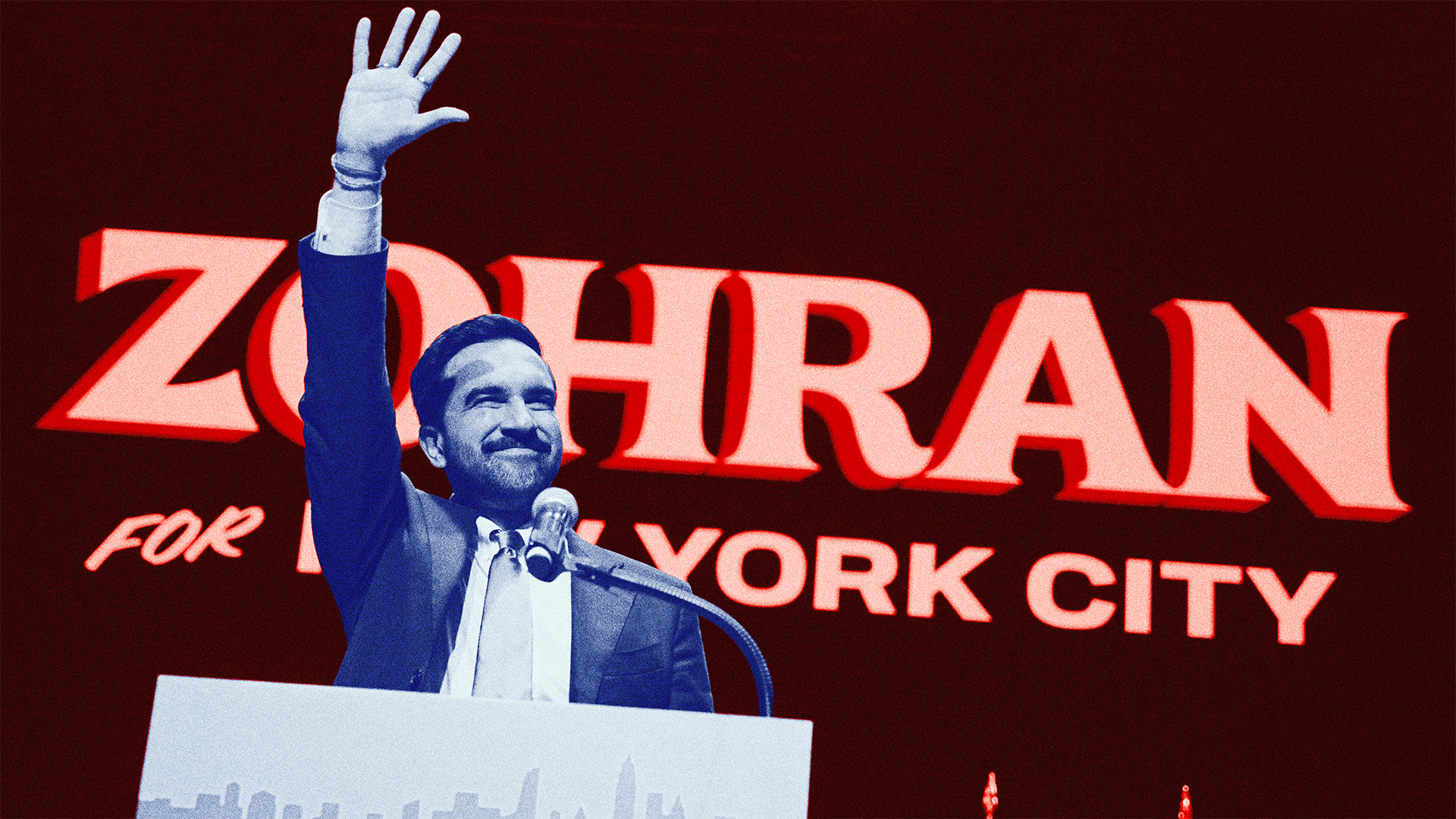When I was at secondary school, our music teacher was called Mr Doe. We also had an art teacher named Mr Drewitt. This was rather amusing for us as 13-year-olds, though we did feel that it was a great pity that Mr Hopkins was not a PE teacher, and that Mr Cave did not teach geology rather than history. A teacher at a nearby school who was a geography specialist was called Mr Forecast – and he did actually teach classes in meteorology.
There are many instances of such job-appropriate last names, including the surgeon Dr Blood, a sailor called Mr Boatman, and a Lord Chief Justice called Sir Igor Judge.
Such examples are entertaining. But can this sort of alignment of names and occupations ever have involved more than just simple coincidence? We know that in the Middle Ages, people started taking surnames based on their occupation – Baker, Butcher, Carpenter, Weaver, etc – but in modern times, could a person’s surname in the reverse process actually influence their occupation?
Perhaps surprisingly, there is a somewhat serious claim that it could. This hypothesis is embodied in the term “nominative determinism”, which is the notion that people are subconsciously drawn to professions, interests and activities which relate in some way or other to their own family names.
Suggested Reading


The many roles of hard-working morphemes
This hypothesis seems to have first appeared in print in Britain in the popular science magazine New Scientist in 1994, after the magazine’s humorous Feedback column had noted several scientific studies which had been carried out by researchers with remarkably appropriate surnames.
These included a review of a book called Pole Positions – the Polar Regions and the Future of the Planet by a writer called Daniel Snowman, as well as reports on serious mathematical investigations into whether or not someone with a family name such as Blizzard was statistically more likely to become a meteorologist than a person called Smith or Jones.
There is no reason, of course, why this hypothesis should be confined to English-language names, and indeed instances from other languages have been proposed. For example, it was suggested by no less a scholar than the Swiss psychologist Carl Jung that the name of Sigmund Freud himself is a good case in point. Freude is the German word for “joy, delight, pleasure”, as is well known from its occurrence in An die Freude (Ode to Joy), Friedrich Schiller’s poetic work, which was famously used by Beethoven in his Ninth Symphony. The point here is that the study of pleasure was one of the major topics of Freud’s world-famous thinking and research.
One explanation that has been proposed for the existence of nominative determinism is “implicit egotism”: human beings have an unconscious preference for things which they can associate with themselves. But it might be stretching things a bit to argue that Usain Bolt became the fastest human being in history because his family name is synonymous with the English verb to bolt, meaning to “run away rapidly”, or that the boxer Tyson Fury or the Formula 1 racing driver Scott Speed chose their professions because of their surnames.
George Best
The brilliant Scottish sports journalist Hugh McIlvanney once wrote in a football report of the “aptly named Best”. People with the family name of Best are not necessarily superior, of course, but it seems that at least one of George Best’s male ancestors must have been. The onomasticians who edit the Oxford Dictionary of Family Names in Britain and Ireland believe that the origin of the name really did lie in the fact that the original bearer of the name was a man perceived by members of his community to be outstandingly good.




